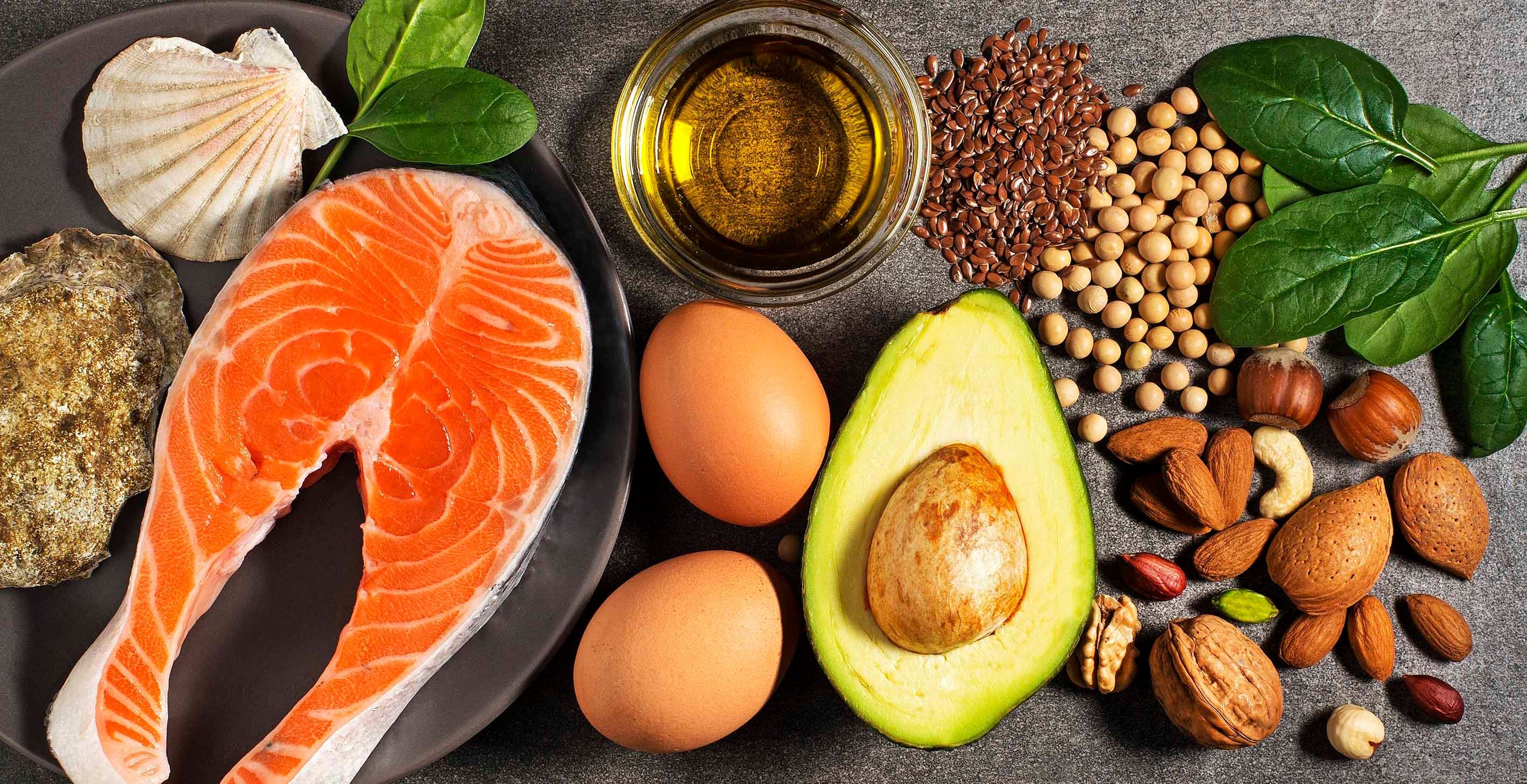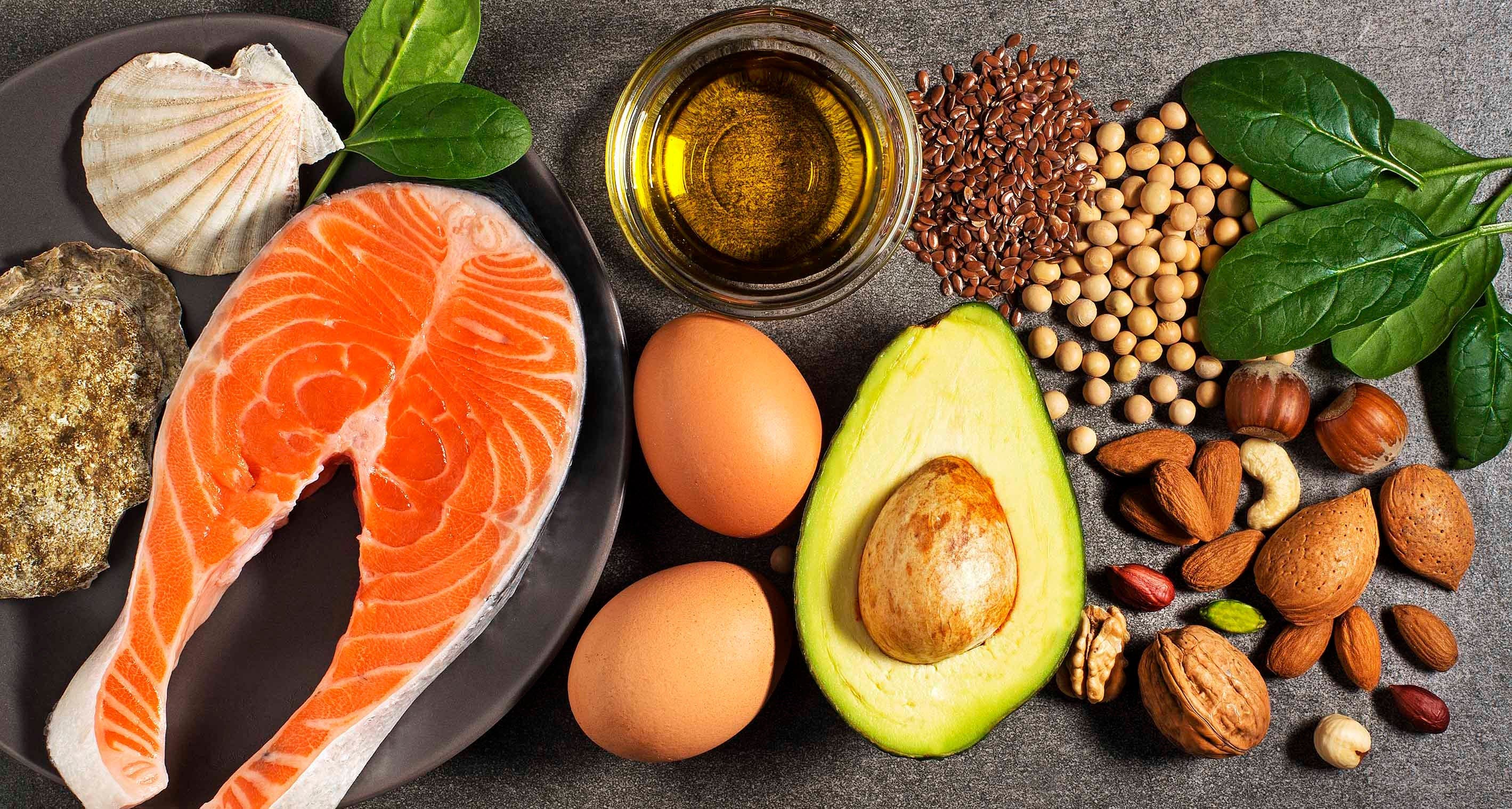

You’ve heard about omegas – you might even already take a daily supplement for them. Well, we wanted to get the lowdown on exactly what they are, what the difference between 3s and 6s is (yes, there are different types of omegas) and how we can best consume them.
“Omegas are healthy fats,” explains Caleb Backe, a health and wellness expert for Maple Holistics. “They are officially ‘essential polyunsaturated fatty acids’, and as such are vital for the proper development of the body and mind. They are important because they facilitate better brain functions, reduce inflammation, and lower the risk of acquiring various diseases. They are labelled essential since the body does not produce them on its own.”
“Omega-3 and -6 fatty acids are important for brain function and development, as well as reproductive and heart health,” explains Skye McKennon, Adjunct Assistant Professor in Pharmacotherapy at the University of Utah. But, “while the names are similar, omega-3 and omega-6 fatty acids are very different,” she says.
“Omega-3 fatty acids generally produce anti-inflammatory effects in the body. Omega-3 fatty acids are found in fewer sources in the modern diet. Typically, we consume them from fish or marine sources, nuts (such as walnuts and pecans), seeds (such as flaxseed and chia seeds), and leafy greens,” she explains.
Omega-6 fatty acids, on the other hand, typically produce pro-inflammatory effects in the body, McKennon says. “Omega-6 fatty acids are found in many sources in the modern diet. Typical sources include many meats, oils from vegetable sources, conventional dairy, and processed foods.”
“It is unusual that someone would need to consciously consume more omega-6 fatty acids,” McKennon adds. “It is more likely to need to consciously consume more omega-3 fatty acids. Sources of omega-3 fatty acids include: fatty fish (such as salmon, trout, herring, and sardines), whole milk from cows that are grass-fed, marine algae (available in capsules), fish oil, certain seeds (ground flaxseeds, chia seeds, hemp seeds, pumpkin seeds), soybeans, tofu, walnuts, spinach, broccoli, and tomato.”
“Nutrition is all about moderation,” Backe says. “It is indeed possible to have too much of a good thing, so watch your intake of good fatty acids. Get sufficient amounts and avoid deficiencies at all costs, since they may have a real effect on your day-to-day mindset and behaviour.”
As for how to consume enough omegas, it’s best to get them from the food we eat, but there are options if that’s not possible.
“If your diet does not provide you with what you need, there are nutritional supplements you can take daily, which will help keep you balanced,” Backe says. “Make sure to get your doctor’s green light before incorporating any supplements into your regular ongoing diet. Incidentally, omega-6 is highly prevalent in Western diets, so getting that green light is crucial.”
For more on sources of Omegas and recommended daily intake, the Dietitians of Canada website offers this resource.
